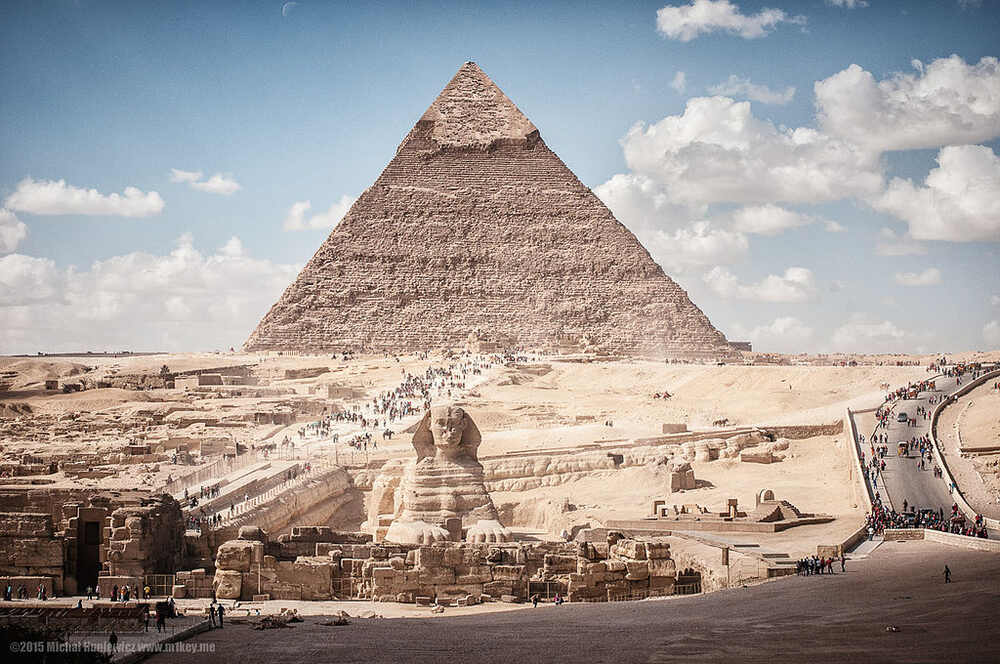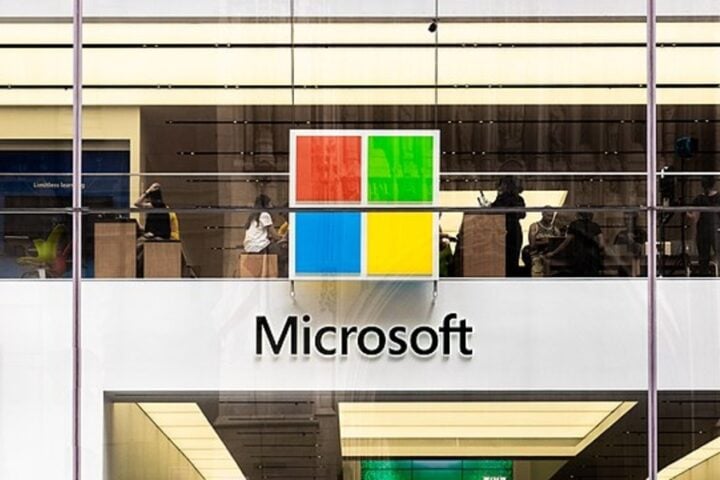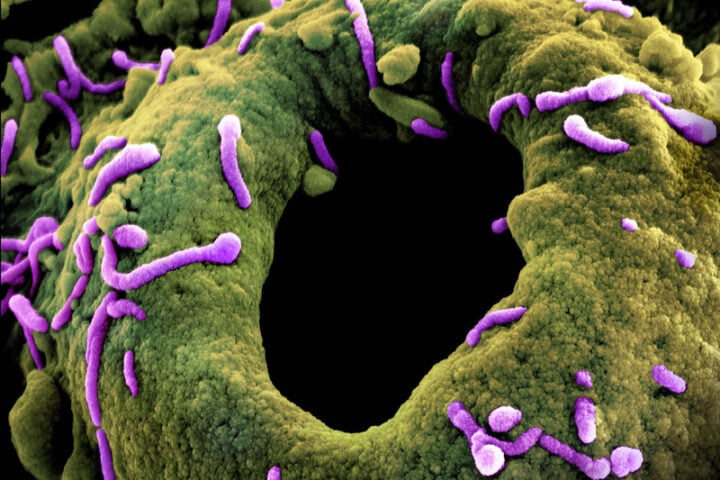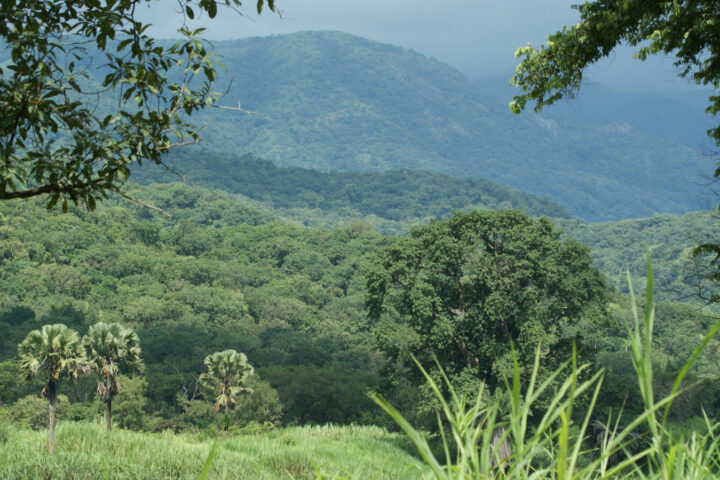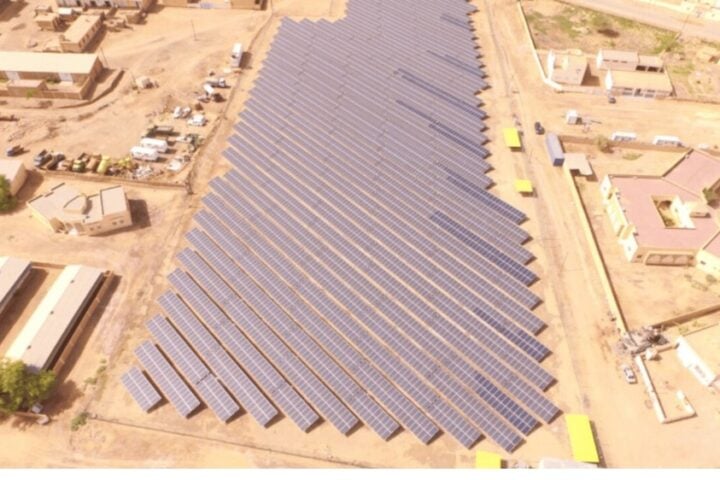The Giza Pyramids complex is getting a $51 million makeover aimed at fixing long-standing problems that have frustrated tourists for years. But the rollout hasn’t been smooth.
The Egyptian government and private developer Orascom Pyramids Entertainment are pushing forward with a comprehensive site overhaul that moves the main entrance, introduces electric transportation, and attempts to regulate vendors – all while preserving the ancient UNESCO World Heritage site.
New Entrance Sparks Early Conflict
Trial operations began in April 2025 with a new access point on the Fayoum Highway replacing the congested historic entrance near Marriott Mena House Hotel. The change immediately triggered protests from horse and camel operators who blocked vehicles after being relocated to parking areas they claim are too far from tourist traffic.
“The well-being of the public and preservation of this treasure is far more important than catering to the interests of 2,000 individuals who have caused harm to the country for years,” Naguib Sawiris, founder of Orascom Investment Holding, posted on social media, warning that non-compliant vendors would be banned from the site.
Similar Posts
Electric Fleet Replaces Cars and Animals
Private vehicles and tour buses are now prohibited on the plateau, replaced by a fleet of 45 electric buses running at five-minute intervals. The shift addresses both environmental concerns and animal welfare issues that have plagued the site.
PETA investigations have documented “routine punching, kicking, whipping, and starving of horses and camels at the pyramids,” according to Jason Baker, PETA Asia Vice President. “Animals are literally ridden to death and then dumped like rubbish outside the gate.”
Modernized Visitor Experience
The project includes:
- New visitor center with accessible facilities
- Online and credit card payment options
- Restoration of several tombs
- Organized bazaar spaces for vendors
- Enhanced pathways and expanded parking
The official inauguration is scheduled for July 3, 2025, coinciding with the opening of the Grand Egyptian Museum.

Project Costs and Management
The reported $51 million (€45 million/EGP 1.5 billion) investment comes as Egypt works to rehabilitate its tourism industry. Minister of Tourism and Antiquities Sherif Fathy has personally overseen the trial operations.
A separate controversial plan to restore the Menkaure pyramid’s granite casing was postponed after archaeologists including Zahi Hawass and Monica Hanna objected, citing the impossibility of accurately reassembling the granite blocks.
The development balances Egypt’s need to better manage its premier tourist attraction while addressing the economic realities of vendors who depend on the site for their livelihoods. Whether the changes will improve the visitor experience while maintaining fairness for local operators remains to be seen.
